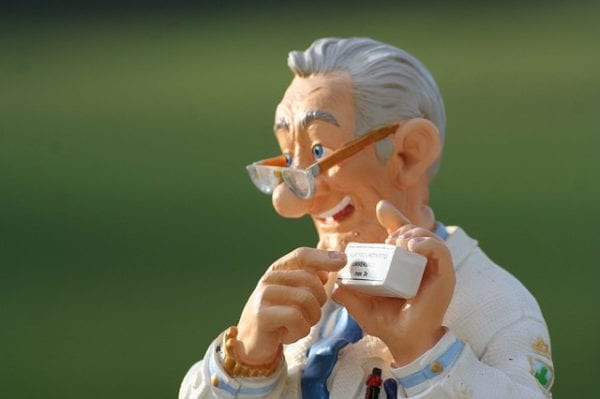As a clinical pharmacist, I cannot understate the importance of looking for ways to improve our healthcare system. We can be a key lynchpin in identifying concerns before something bad happens. Let me give you a couple of example situations that I have encountered.
Situation #1
In the first situation, I was doing a chart review at a facility and noticed that there was an order for a urinalysis. The urinalysis was for the identification of a urinary tract infection. In this situation, the UA was not collected for four days. My initial step was to go chat with nursing to identify what the cause of the delay was. There were some logistical and situational challenges in this particular case. The nursing staff did not inadvertently forget to do the UA.
Taking this one step further, if the patient had an infection would they likely be feeling very well after 4 days of continued infection? We’d expect that their infection course would potentially be worsening. When the UA was not completed, by day 3 or 4, a good consideration would be to reconnect with the provider and state the challenges of getting the urinalysis. In addition, reporting that the clinical situation was stable may prompt that provider not to do the urinalysis and continue to monitor. Antibiotics were never given in this situation! Yeah!
Situation #2
Why wasn’t a medication started? This is something that I have seen happen numerous times throughout my career. When a medication hasn’t been started after being ordered, it can be caused by many situations. Insurance approval, drug shortages, and pharmacy availability are all possible reasons as to why a resident in a long term care facility or assisted living facility might not be receiving their medications. I discuss many challenges and issues in my 10+ hour LTC Consulting Course.
It is critical that staff are aware of the clinical significance of not having that medication. For example, there would be a high level of concern if we are talking about a seizure medication. Less clinically concerning would be for an agent treating urinary frequency.
Pay Attention to Trends and Unique Circumstances
In both situations, these are examples of trends that you can identify. If you have seen routine and repeated delays in lab work, you need to stop and assess the process.
If you identify that patients are frequently not receiving medications for significant periods of time or having administration delays, we need to stop and reassess the patient care process.
These principles can basically be applied to any healthcare organization or institution. Pay attention out there to trends and recurring problems! We can help educate staff, improve patient safety, and enhance our role as healthcare professionals.
- 30 medication mistakes PDF
- 18+ Page Drug Interaction PDF
- 10 Commandments of Polypharmacy Webinar based on my experiences in clinical practice



I don’t understand the “logistical and situational challenges” in case #1.
I definitely agree the order needs to be reassessed if those challenges delay the UA after even 2 days!
Your blog and other media are so clinically helpful. Thank you so much for doing your part to make healthcare better.